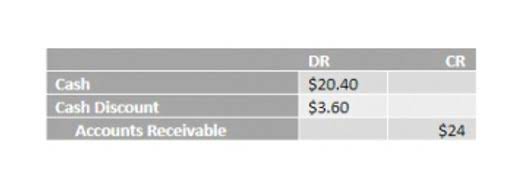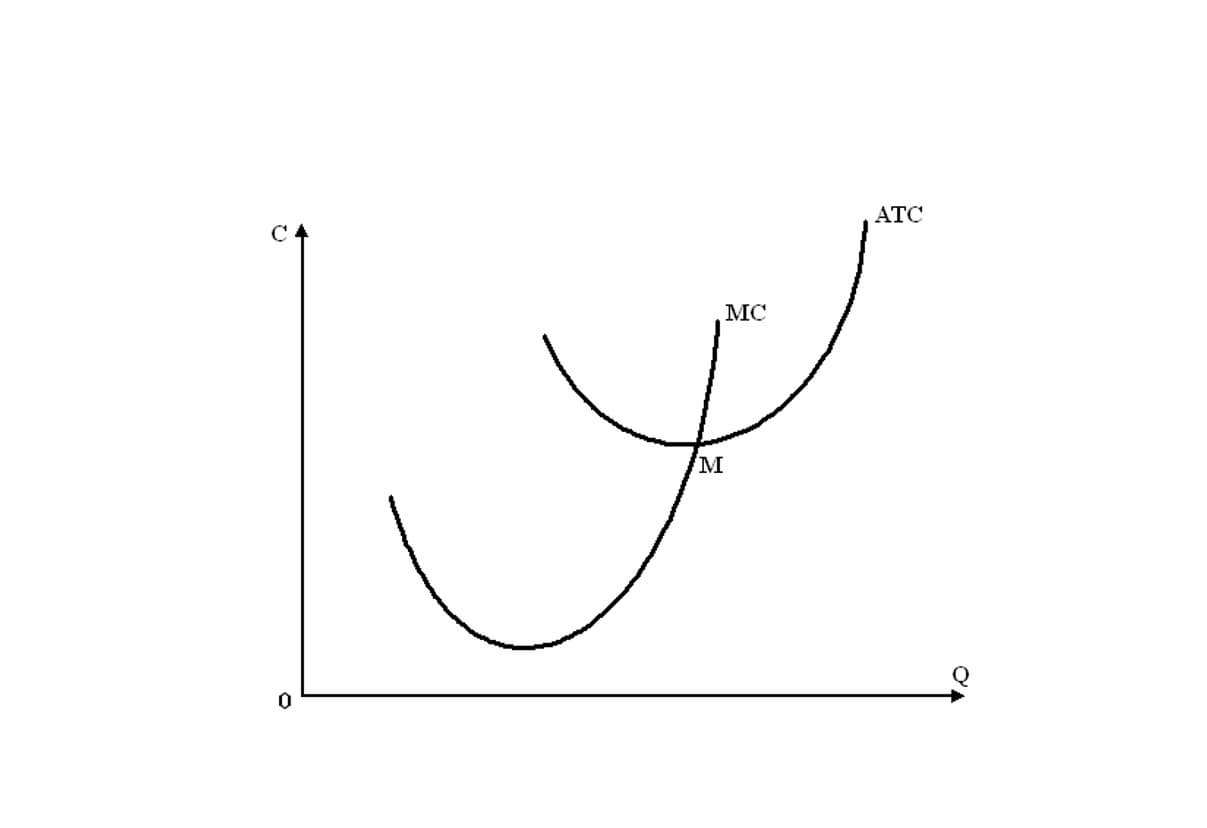
This fund simply acts as an assurance that the client has enough availability of funds to pay for the service. Once their service is completed, they can transfer this fund from trust accounts to their operating account. Lawyers must stay in compliance with trust accounting IOLTA when they are choosing a retainer fee structure. Simply put, a retainer fee is a sum of money paid to a lawyer or law firm upfront to secure their services and ensure their availability for your legal needs. Lawyer retainers are fees paid upfront by the client to secure the services of an attorney.
Special or Specific Retainer

If you’re serious about implementing high-value, high-profit consulting retainers in your business where your real estate cash flow clients can’t wait for the proposal, we can help. The only difference is that you’re providing and delivering that work on an ongoing basis. If you’re using this model, you want to set it up at the start with your client and show them what it looks like. There are two types of consulting retainers that you can offer your clients. To determine whether the amount you paid is refundable, review your agreement, as most contracts outline whether a refund is permitted. To understand what is covered by your legal fee agreement, you should thoroughly review the contract, as each arrangement is unique.
Benefits of Retainer Fee Structures

I recently hired a lawyer to represent me in a legal matter, and we entered into a retainer agreement that outlined the scope of the representation and the retainer fee required. However, after a few weeks, the lawyer informed me that they would be increasing the retainer fee due to unexpected complexities in my case. I am wondering if this is permissible under the retainer agreement, or if I have any rights to challenge this increase and continue with the original agreed-upon fee. Lawyers should maintain detailed records of the time spent on each client matter and the expenses incurred. Advance fees should be deposited into a client trust account upon receipt and should remain in the trust account until the fees are earned by the lawyer through the performance of legal services.
Terminology Does Not Override Ethical Duties
- An unearned retainer fee is an initial payment held in a retainer account before any services are provided.
- The way retainer fees are accounted for can have profound implications on a business’s financial statements, influencing decision-making processes from budgeting to strategic growth initiatives.
- The lawyer refunds the client any leftover amount in the trust account at the conclusion of the retainer agreement.
- In the vast majority of legal cases, lawyers already have a standard retainer form ready.
- You may also see this type of contract referred to as an attorney fee agreement or legal services agreement.
- To do so, provide a detailed breakdown of what the retainer covers, such as hourly rates, expected tasks, and how the lawyer will manage additional costs if the retainer runs out.
- Pitching a freelance retainer may seem daunting, but rest assured that most businesses are used to this type of agreement with contractors.
Also, using or accessing ContractsCounsel’s site does not create an attorney-client relationship between what are retained earnings you and ContractsCounsel. With the Pay for Work model, really you’re still trading hours for dollars. When you spend half a day or a few hours on a monthly basis for that client, you’re getting paid for the time you spend. The time that you put in is directly connected to the money that you’re making.
What is a Retainer Fee Agreement & How Does It Work?

If they do not understand it, they should question the attorney and discuss the terms of the agreement until they do understand how it is supposed to work. Of course, in a personal injury case, if the attorney does not recover an award of money damages for the client, then the attorney would not be paid. In this case, the client would also not recover the money they paid as a retainer unless some of it is left after all the expenses have been paid. But again, what happens in the event there is no recovery depends on the retainer fee contract.
- The agreement is normally made for a year and then renewed based on last year’s services.
- A retainer fee is an advance payment made by a client for future legal services.
- Attorney fee agreements are written contracts that include the total amount of the retainer necessary to secure the services of the attorney.
- Based on this information, it is important to remember that these are simply anecdotes and averages based on a selection of lawyers across the United States.
- Once earned, the attorney can withdraw these funds from the trust account.
If there is potential risk or liability to the attorney as part of the case, then that can raise the hourly fee. This type has the potential to be more effective than its value, as you run the risk of retainers fee paying for a lot of overhead costs. Some confusion often arises because of the way the term “retainer” is used on TV and in movies.


A general retainer is a fee paid to secure the availability of a professional over a specified period. This type of retainer does not necessarily cover any specific services but ensures that the professional will be available to the client when needed. For instance, a business might pay a general retainer to a legal firm to ensure that legal advice is readily accessible throughout the year. The retainer agreement clearly defines how the retainer will be used, whether any unused portion is refundable and whether the client will be required to replenish it. To do so, provide a detailed breakdown of what the retainer covers, such as hourly rates, expected tasks, and how the lawyer will manage additional costs if the retainer runs out. Consider offering a sliding-scale retainer fee for clients with varying financial capacities.
What Are the Benefits of Retainers?
- Retainer fees provide a multitude of benefits to law firms, from promoting stronger client relationships to improving cash flow.
- This discrepancy necessitates careful tax planning to ensure that businesses can manage their cash flows effectively, considering the tax liabilities that arise when retainer fees are received.
- How technology, mental health awareness and alternative dispute resolution are transforming family law to better support evolving family dynamics.
- The ABA’s Model Rules of Professional Conduct prohibits lawyers from charging an “unreasonable fee.” If the lawyer did not earn a fee, it would be unreasonable and must be returned.
- Having a predefined pay period helps both parties by providing the agency with a steady stream of income and the client with a reliable team to handle their ongoing needs.
- I have a deep understanding of the technology industry and have represented numerous tech companies in my career.
- Clients also win as they gain confidence in knowing that they’ll have access to a lawyer’s time for future needs.
You will not have to pay a retainer if you are hiring a lawyer who charges on a contingent fee basis. A contingent fee arrangement is one where you pay only if you win your case. This fee arrangement is common in personal injury claims, including car accident cases, product liability claims, slip-and-falls, medical malpractice and similar situations. Remember, the proper retainer agreement can make all the difference in ensuring your legal needs are met with the utmost professionalism and dedication.









